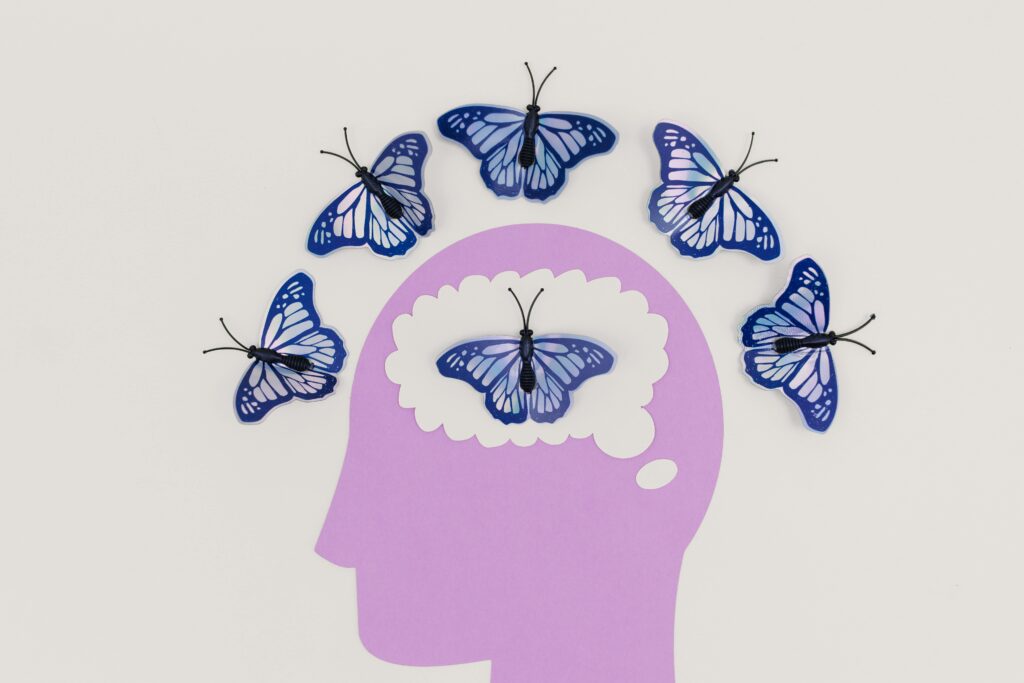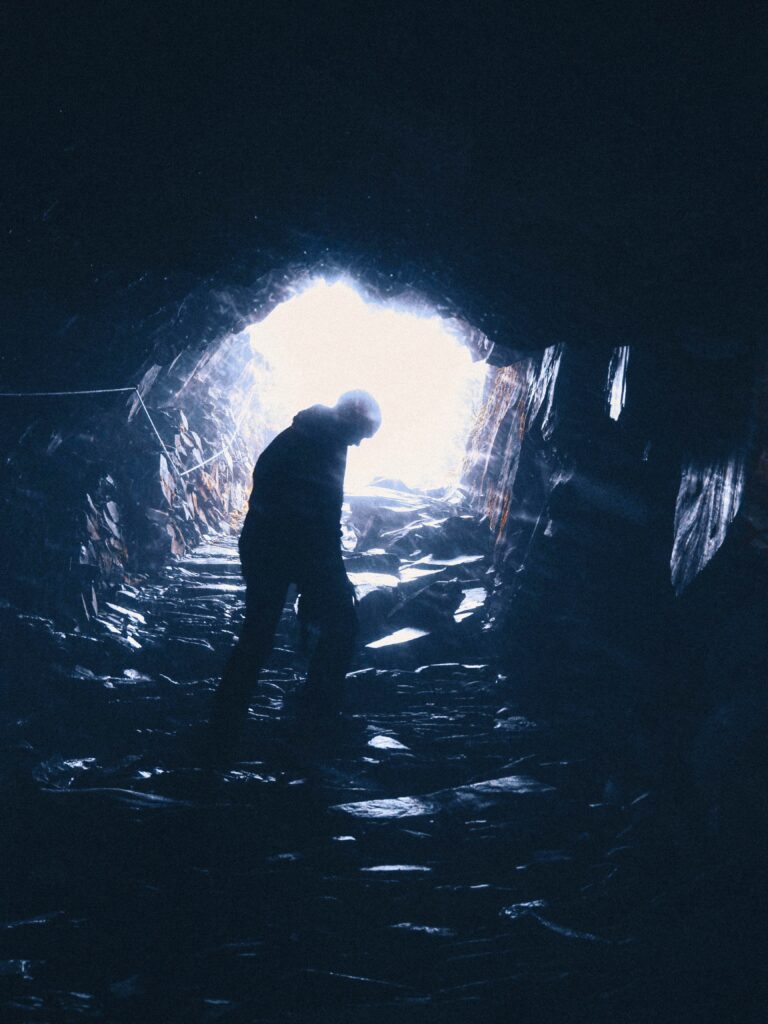How far do you think you can think ? Thinking needs thinking Hnn!

Thinking doesn’t cost you anything, so it can wander anytime, anywhere. The source of thinking is buried deep in your past thoughts though.
What do you think, how do you think, and why do you think in a certain way are combinations of many factors, some of which you might know and some you aren’t even aware of, yet those thoughts are somewhere in your brain subconsciously.
The very early days of a human’s life are something that is not in their hands. People have no control over where they are born, in what country, what family, what society, under what financial conditions, what culture and religion, what kind of psychological group of people, or with what medical aids. People even have no control over whether they are born physically and mentally fit, with all the proper limbs and senses. One can’t even choose their own skin color. You are born, and that’s your first identity, existing on this planet as a human being.
Inherited Thoughts

When you are born, you don’t choose anything, but you are told what is right and what is wrong. The surprising part is that those who teach you all these things also absorbed them subconsciously when they were born. They pass on the same concepts until they are modified through their own learning. Usually, parents become parents around the age of 25-40 bracket. So, considering parents’ journey starting from the age of 25, they would pass on to you their 25 years of learning, nothing beyond. By the time parents understand their own thoughts, they have already instilled some preconceived notions in you.
Haven’t you often heard in your childhood such things as ‘Don’t cross the road if a cat passes your way; it’s called bad luck,’ or ‘If you have hiccups, someone is missing you,’ or ‘If you see a lemon and green chilli tied in thread hanging in front of your house, it’s believed to be done to avoid an evil eye,’ or ‘Don’t feed a baby in front of guests, otherwise he or she will invite the evil eye’? There are countless preconceived notions, both bad and good, that are fed to us in our childhood without even acknowledging whether they hold any meaningful sense or not. These notions stick to our brains forever until we reach a state of maturity to question all these sayings.
It’s beautifully said by Daniel J. Siegel in his book, “The Whole Brain Child,” that “As children develop, their brains ‘mirror’ their parents’ brains. In other words, the parents’ own growth and development, or lack thereof, impact the child’s brain. As parents become more aware and emotionally healthy, their children reap the rewards and move toward health as well.” Childhood age is so precious for human development. While this age demands a lot of attention and thoughtful learning, it is also so vulnerable to grasp all such learning by itself. This age is not in anyone’s hands as far as individuality is concerned. So, if you think when you grow up, you are not doing enough, don’t!
Digging into Childhood Memories
Until you are 18, you are living someone else’s thoughts subconsciously. They could be influenced by your parents’, teachers’, friends’, or society’s thoughts. Take your memories back to your childhood for a while and think how you observed the world?
- Were you brought up in a joint family or a nuclear family?
- If it was a joint family were you more close to your parents or grandparents?
- Why were you close to parents or grandparents? You gotta question what made you attached to the person you were so close to. What qualities of theirs did you admire the most? Do you find you possess some of their qualities in you now?
- What often you have heard people saying around you?
- Go even more deeper. How was the environment in the house? Was it secular or social? This question can help determine your personality to some extent, whether you are more introverted or extroverted.
- Were your both parents working or just one?
- How did they allocate quality time with you?
- Did they use to encourage you on achievements or even on your little mistakes? ” While writing this question, I got to remind one of my childhood experiences. When I wrote the very first poem for my dad, he not only showed that poem to every guest who came during that time, but also got it printed and framed. Such beautiful experiences can make a huge difference in appreciating a child’s creativity. This influence is still there somewhere in my subconscious, which is compelling me to write today as well.”
Okay let’s continue with some more questions.
- What did you hear from your parents when receiving grades during your school time?
- Did they guide you by sitting and talking to you often about your future? Were they more restrictive or lenient?
- What did you see them doing? Were they more social? Have you seen them helping others?
- How many brothers and sisters were you? Were you the eldest child in the family, the youngest, or the only child?
- Did you ever feel so lonely? Did you ever compare yourself with your siblings, if yes, then why?
- Who raised you? What sort of financial facilities did you have? How was your schooling, your friends?
- How was your neighborhood environment?
The list of questions is endless. While digging down these questions, you can think of your questions which might get extended with the branch of one question. The more deeper you dig, the more you can join the dots of your behavior scratching all the way from your childhood until today.
Correlate Childhood Memories with Current Thoughts

Your subconscious thoughts are already there. But it’s always good to check within where these thoughts are coming from and why.
The first thing to know is that when evaluating your thoughts, know that you are already a wonderful person. Being here on this planet and working to know yourself better and better is enough to know the meaningful existence of your life here.
Life is full of waves. It’s like we are surfing balancing our life without knowing the next high tide.
Now if you can dig deeper into your thoughts, you can imagine farther too. The deeper you go in your history to discover your thought patterns, the better you understand yourself. The more you understand yourself, it’s more likely that you can connect one sort of dot to your future and change the whole angle of your life.
Understanding yourself not only helps you comprehend the people around you but also enables you to nurture your children in a well-guided direction. It’s all about understanding your thoughts thoroughly so you can know yourself, perform effectively, and steer your life and those around you in the right direction.











Pingback: Understanding the Silent Struggles of Personal Healing - Reach out to your inner self.
Pingback: The Power of Stories: How Human Evolution and Imagination Shape Our Lives - Reach out to your inner self.